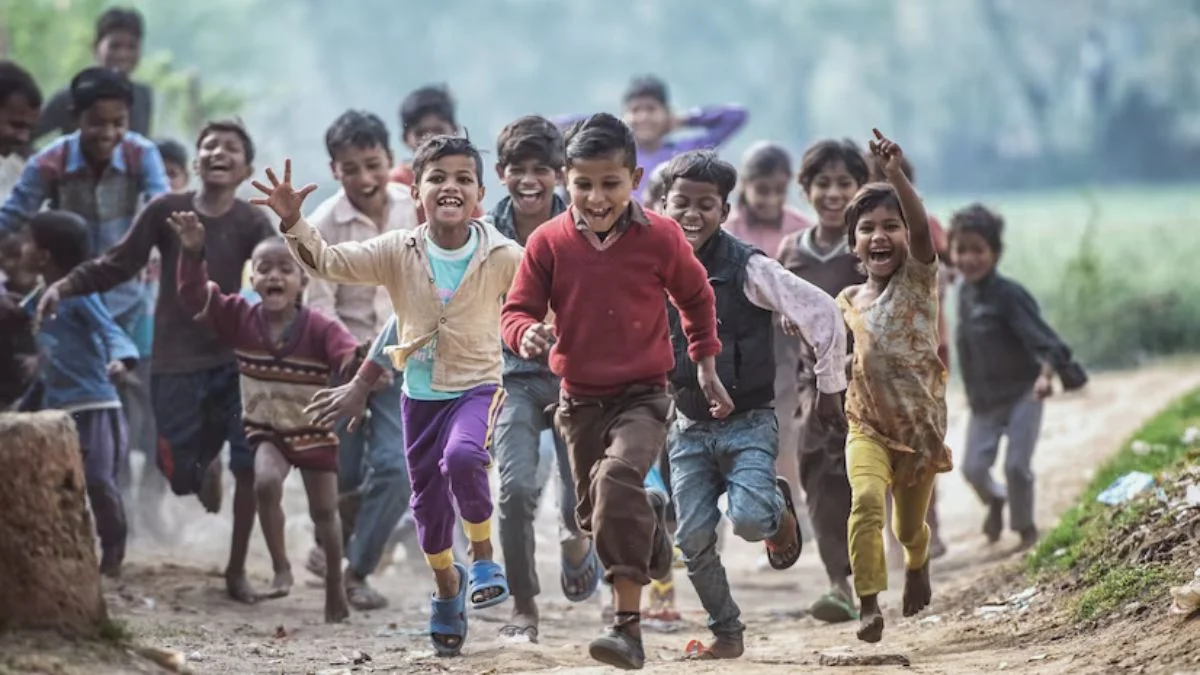The role of non-governmental organisations (NGOs) in supporting underprivileged children in India is a story of hope and transformation. So, this article delves deep into the multifaceted contributions of these organisations. The best NGO in India guides young lives towards a better future.
Bridging Educational Gaps
Education is a powerful equaliser yet remains inaccessible to many underprivileged children in India. NGOs step in as crucial players, setting up educational facilities in the most inaccessible areas. They provide not just academic education but also focus on extracurricular activities and life skills, ensuring the well-rounded development of the children. These organisations work tirelessly to make education more inclusive, catering to children with special needs and promoting gender equality in education.
Comprehensive Healthcare Initiatives
Healthcare services provided by NGOs extend beyond basic medical care. They include comprehensive programs addressing mental health, nutritional needs, and preventive care. These organisations often collaborate with healthcare professionals to conduct regular health camps, eye check-ups, and dental camps, ensuring holistic health care for children.
Nurturing Emotional and Mental Health
NGOs recognise the importance of a child’s emotional and mental health. They conduct regular workshops and sessions that focus on building self-esteem, managing emotions, and developing coping mechanisms. These sessions are especially crucial for children who have experienced trauma, helping them to heal and grow in a supportive environment.
Vocational Training for Sustainable Futures
Vocational training is a critical aspect of the work done by NGOs. These programs are tailored to the needs of older children and adolescents, providing them with skills in areas like computer literacy, sewing, carpentry, and more. Such training prepares them for future employment and instils a sense of independence and self-worth.
The Best NGO in India: A Relative Term
The best NGO in India is subjective and can be measured in various ways. It could be the reach and impact of the organisation, the sustainability of its programs, or the level of innovation in its approach. An effective NGO is one that continually assesses and adapts its strategies to meet the evolving needs of children and communities.
Engaging Communities for Lasting Impact
The success of child development programs largely depends on community involvement. NGOs foster this by engaging with local leaders, families, and other stakeholders. They work to educate the community about children’s rights and the importance of education and healthcare, thereby creating a supportive environment for the children.
Overcoming Operational Challenges
NGOs face numerous challenges, including limited funding, regulatory hurdles, and logistical issues. Many are overcoming these challenges by adopting technology, forging partnerships with other organisations, and diversifying their funding sources. This adaptability is crucial for their sustained operation and effectiveness.
The Road Ahead
The future of underprivileged children in India is heavily dependent on the continued and enhanced efforts of NGOs. These organisations are not just service providers but are catalysts for social change. The best NGOs are those that not only address the immediate needs of children but also work towards building their capabilities and resilience for a better future.
Conclusion
The contribution of NGOs to the development of underprivileged children in India is immense and multifaceted. From providing education and healthcare to nurturing emotional well-being and imparting vocational skills, these organisations play a critical role in shaping the lives of countless children. The best NGOs in India are those that offer holistic support, adapt to changing needs, and work in harmony with the communities they serve. The collective effort of these organisations, along with support from the government and society at large, is key to ensuring a brighter and more equitable future for every child in India.
ALSO READ: Exploring the Boundless Horizons of Human Sciences: Unraveling the Complexities of Humanity











